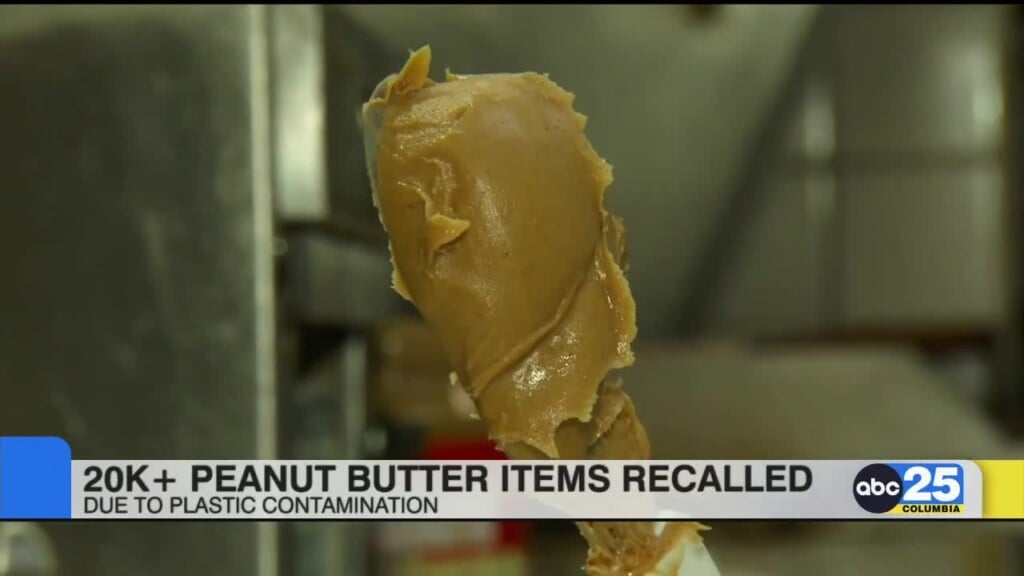MUSC reveals “groundbreaking” findings in recent cervical cancer study

Research scientist Kevin Potts looks at ovarian cancer cells under a microscope at UW Medicine’s Cancer Vaccine Institute Thursday, May 25, 2023, in Seattle. Vaccines under development at UW Medicine are designed to work for many patients, not just a single patient. Tests are underway in early and advanced breast cancer, lung cancer and ovarian cancer. Some results may come as soon as next year. (AP Photo/Lindsey Wasson)
FILE PHOTO
(WCIV) — A milestone in public health has been reached as MUSC presents significant findings from a recent study that shows a decrease in cervical cancer deaths in the U.S.
Researchers have been studying cervical cancer for nearly ten years, looking at cervical cancer cases and what can be done to improve the HPV vaccination rates in the community.
“This is the first time we are seeing such a substantial decline in cervical cancer deaths. So, the good news is that the vaccine has prevented cervical cancer deaths in the US,” said Dr. Ashish Deshmukh, one of the co-leaders of the Cancer Prevention and Control Research Program at the MUSC Hollings Cancer Center.
Deshmukh states that each year in the US, there are nearly 12,500 cases of cervical cancer and 4,000 cervical cancer deaths.
“The good news is it’s one of the cancers that’s completely preventable. We can prevent cervical cancer through HPV vaccination, which prevents infection that is responsible for causing cancer among individuals later on in their life,” he said.
The study focused on women younger than 25 years old, which would be the first group to likely have benefitted from the HPV vaccination.
“For our study, we know that HPV vaccine, which has been approved in the US since 2006, so it’s been almost 16 years since the initial approval of HPV vaccination, and our hypothesis was that women who have received HVP vaccination early on in their life when the vaccine was approved, the first birth cohort of young women, are likely to have benefited from HPV vaccine,” he explained.
Deshmukh stated that the most important benefit of the vaccine is whether or not it has led to prevention of cancer and whether the vaccine has ultimately led to prevention of deaths caused by cervical cancer.
“What was amazing is that in the last six years, there was 62% drop in cervical cancer mortality. That’s a 15% per year decline,” he added.
Deshmukh said that despite the discovered benefits, there has not been any improvement in HPV vaccination rates in the last five to six years. Additionally, the CDC released data that the recent generation of adolescents who became vaccine eligible for the first time vaccination, has dropped.
“It’s a substantial barrier, I would say, which we need to overcome. An improvement in HPV vaccination rates is really important if we would like to see that these benefits continue to persist in the next generation of adolescents.”
He also mentioned where the US stands compared to other developed countries, stating that the U.S. has been relatively slow in terms of improvement in vaccinations.
“So far, our vaccination rates in the US and in our state are close to 60%. When we think of how up to date are adolescents who have received recommended number of vaccine doses. When we look at one or more vaccine doses, who have initiated the vaccine, it’s close to 75%. So we are falling behind,” said Deshmukh.
He also says researchers at MUSC will continue to monitor HPV vaccination rates, cervical cancer cases, and finding new ways to improve HPV vaccination rates in the community.
As for the impacts of these findings, he hopes this study will lead to a positive public health impact and conversations about the importance of the HPV vaccination.
“We truly hope that the vaccination rates will continue to improve, and we’ll reach that 80% healthy people goal. So, imagine at 60% vaccination dates, we’re able to prevent 65% cervical cancer deaths. If you’re able to achieve 80% vaccination dates, we can eliminate cervical cancer once and for all.”


